Feeding 220v welder
zz1100
16 years ago
Related Stories

GARDENING FOR BIRDSFeed the Birds: 6 Plants for Abundant Winter Berries
Be kind to your fair feathered friends during lean food times by planting a shrub or tree loaded with nutritious snacks
Full Story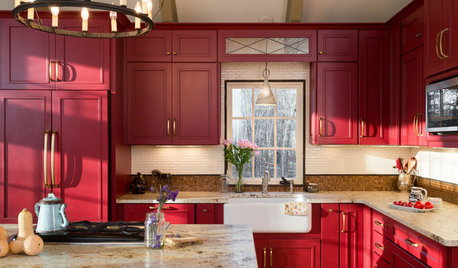
KITCHEN DESIGNKitchen of the Week: Casual Equestrian Feel on a Horse Farm
Red cabinetry, salvaged barn decor and a window for feeding treats to horses combine in a lively, comfortable family kitchen
Full Story
TREESGreat Design Plant: Acer Rubrum Brings Shade and Beauty
Red maple — a fast-growing, low-maintenance Eastern native — has spectacular fall foliage and early-spring flowers that feed pollinators
Full Story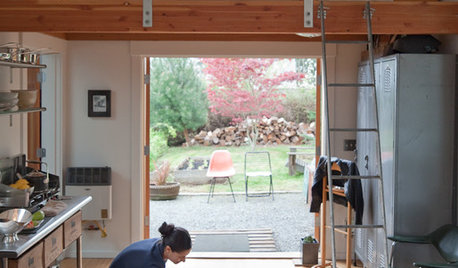
HOUZZ TOURSHouzz Tour: Industrial Minihouse in Seattle
An artist transforms a garage into an efficient, open home in 250 square feet in Washington state
Full Story
GARDENING GUIDESPrunus Virginiana Thrives Under Deciduous Trees
Plant chokecherry for showy white flowers favored by native bees in spring, and to provide nesting habitat and food for birds
Full Story
GARDENING GUIDES6 Plants That Beat Butterfly Bush for the Wildlife Draw
It's invasive, a nonnative and a poor insect magnet. Check out these better alternatives to butterfly bush in the garden
Full Story
FARM YOUR YARDGrow a Kitchen Garden in 16 Square Feet
Got a sunny 4-by-4 space? You can make meals more interesting with your own vegetables and herbs
Full Story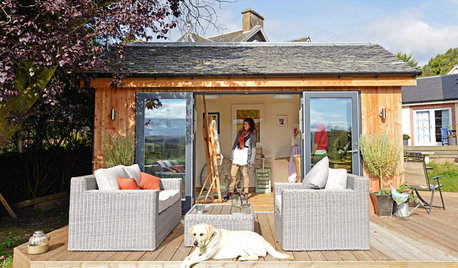
MOST POPULAR11 Nominees for the ‘She Shed’ Hall of Fame
These special sanctuaries let busy women get away from it all without leaving the backyard
Full Story
GARDENING GUIDES4 Ways Gardens Can Go Beyond Aesthetic Beauty
Our landscapes can play an even more meaningful role if we rethink their purpose
Full StoryMore Discussions






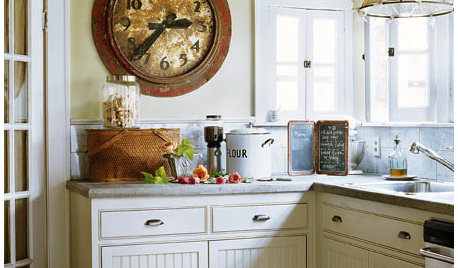
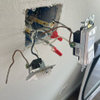
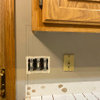
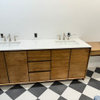
Ron Natalie
rockwood84
Related Professionals
The Crossings General Contractors · Claremont General Contractors · Coshocton General Contractors · Eatontown General Contractors · El Monte General Contractors · Markham General Contractors · Niles General Contractors · Plano General Contractors · Troutdale General Contractors · Valley Stream General Contractors · West Babylon General Contractors · Little Ferry Solar Energy Systems · Birmingham Home Automation & Home Media · Valle Vista Home Automation & Home Media · Yeadon Home Automation & Home Mediazz1100Original Author
spencer_electrician
zz1100Original Author
bus_driver
rbanks
zz1100Original Author
brickeyee
newgarageguy
itsunclebill
brickeyee